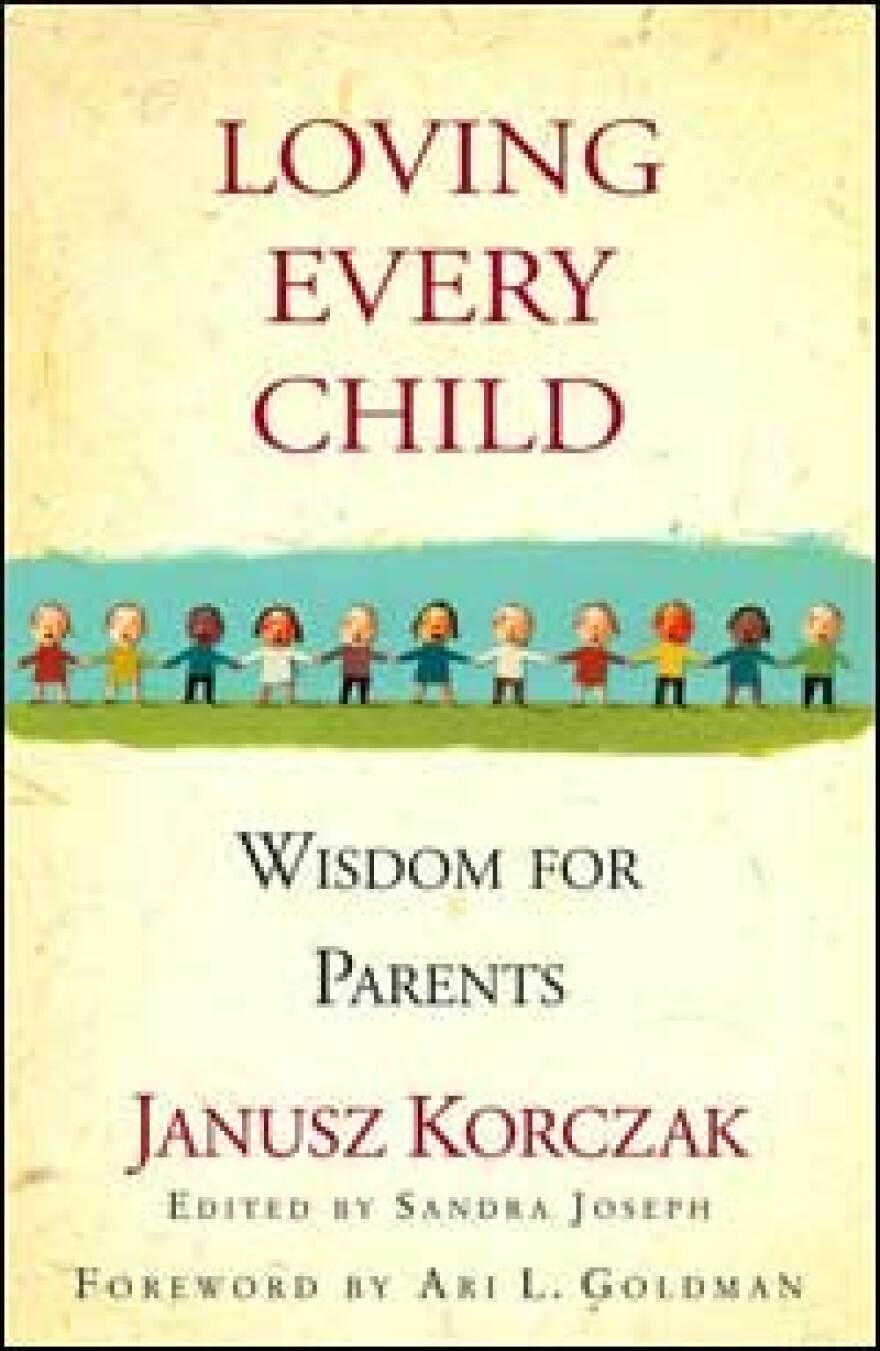
No Book Is a Substitute
I want everyone to understand that no book and no doctor is a substitute for one's own sensitive contemplation and careful observations. Books with their ready-made formulas have dulled our vision and slackened the mind. Living by other people's experiences, research, and opinions, we have lost our self-confidence and we fail to observe things for ourselves.
Parents find lessons not from books, but from inside themselves. Then every book they read can be considered to be of small additional value; and this one, too, will have fulfilled its given task if it has managed to contribute to bringing this idea home.
Know yourself before you attempt to get to know children. Become aware of what you yourself are capable of before you attempt to outline the rights and responsibilities of children. First and foremost you must realize that you, too, are a child, whom you must first get to know, bring up, and educate.
A Child Is Born
As a mother, you say: "My child." When if not during your pregnancy do you have more right to say this? The beating of the tiny heart, no bigger than a peach stone, echoes your own pulse. Your breath provides the child with oxygen. The blood courses through you both and no drop of blood quite knows yet whether it will remain the mother's or become the child's. Every bite of bread becomes material for building the child's legs on which she will run about, for the skin which will cover her, for the eyes with which she will see, for the brain in which thoughts will burst, for the arms which she will stretch out and the smile with which she will call you Mommy.
As a parent, you say: "My child." No, the child belongs jointly to the mother, the father, the grandparents, and the great-grandparents. Somebody's distant "I" which remained dormant in several ancestors, a voice emerging from a decayed, long-forgotten tomb, suddenly speaks again in this child.
A child is a piece of parchment which has been thoroughly covered with minute hieroglyphics, only a very small part of which will you ever be able to decipher.
As a parent, you say: "She ought to...I want her to..." And you look for a pattern for your child to follow and you search for a life which you wish for her to have. You ignore the fact that all around you there is nothing but mediocrity and banality. People wander around, bustle, they fuss over small problems, fleeting aspirations, uninspired goals, unfulfilled hopes, perpetual longing.
Where is happiness? What exactly is it? Do you know the way to it? Are there those who might know? Will you be equal to the task? How can one anticipate the future and offer protection?
The child is like a butterfly hovering above a raging torrent of life. How to imbue her with toughness without encumbering her lightness in flight; how to temper her without wetting her wings? Should one offer one's own example, help, advice, and words? But what if she rejects them all?
Just remember: A child hungry for advice and direction will absorb it, digest it, and assimilate it. Overfed with moral rules the child will suffer from nausea.
As a parent, you say: "Who is the child to become?" A warrior or just a worker, a leader or one of the followers? Or will she simply want to be happy?
As a parent, you say: "She is supposed to be healthy, so why does she keep crying? Why is she so thin, why does she not suckle properly, why does she not sleep, why does she sleep so much, why does she have such a big head, why does she clench her fists, why is her skin so red, what about the spots on her nose, why does she squint, hiccup, sneeze, choke, sound hoarse? Is this normal?"
You look at this small, helpless thing, which does not resemble any of the other equally small and toothless creatures in the street or in the park. Can it be that in three, four months she, too, will become like them?
Just remember: When is the proper time for a child to start walking? When she does. When should her teeth start cutting? When they do. How many hours should a baby sleep? As long as she needs to.
As a parent, you say: "But is the child clever?" If a parent anxiously asks this question right from the start, it will not take long before the parent will be placing demands on the child. Eat up your food, even if you are not hungry and feel nauseated; go to bed, even though you are not tired and will have to wait an hour to fall asleep. Because you have to, and because I want you to be healthy.
Just remember: Mentalities vary, and children can be steady or capricious, compliant or contrary, creative or imitative, witty or earnest, concrete or abstract; the memory can be exceptional or average; some are congenital despots while others have a wide range of interests.
How often do parents feel disappointment when children fail to live up to expectations, and how often to parents feel disappointment at every step of their development? Parents can be their harsh judges, rather than their counselors and consolers.
It is nothing but a mistake, utter foolishness, to imagine that everything which is not outstanding is therefore pointless and worthless. We are all suffering from the immortality syndrome. Anyone who has not managed to have a monument to himself erected in the marketplace would like a side street named after him at the very least, as a perpetual record.
Excerpted from Loving Every Child, edited by Sandra Joseph. (c) 2007 by Sandra Joseph. Reprinted by permission of Algonquin Books of Chapel Hill.
Copyright 2023 NPR. To see more, visit https://www.npr.org. 9(MDM3NjYwMjA5MDE1MjA1MzQ1NDk1N2ZmZQ004))

